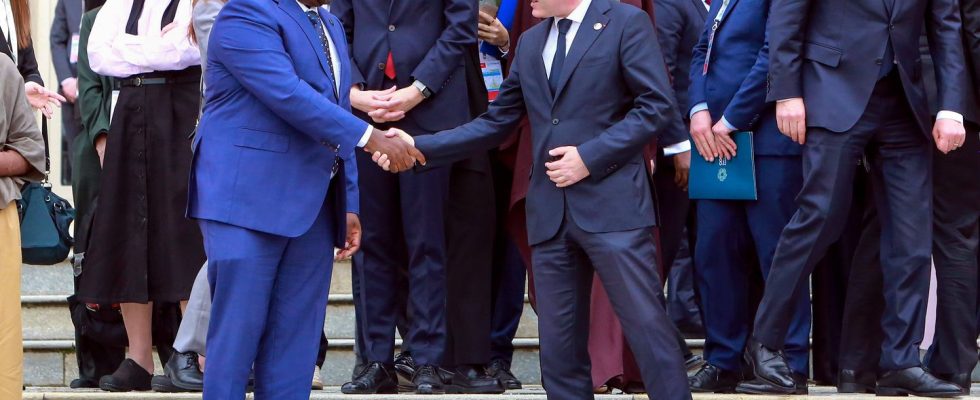An important agreement. The Ministers of Climate, Energy and the Environment of the G7 countries, meeting on Monday in Italy, decided to gradually phase out coal-fired power plants by 2035. However, room for maneuver has been left open, since countries will be able to follow “a timetable compatible with maintaining a temperature increase limit of 1.5°C, in accordance with carbon neutrality trajectories”.
In addition, coal-fired electricity can be maintained if its emissions are captured or limited by technology, a loophole criticized by environmental advocates.
“It’s a strong commitment, a strong signal from the G7”
Italy, which chairs the G7 this year, hosted until Tuesday in Turin (north) the first major political meeting on climate since COP28 in December in Dubai, where the world committed to gradually giving up coal, to gas and oil.
Coal is the dirtiest fossil fuel and environmental campaigners have urged the G7 – which includes Italy, Canada, France, Germany, Japan, the UK and the US – to lead by example.
Some countries like France were campaigning for the G7 to abandon coal by 2030, but Japan in particular, where a third of its electricity comes from coal, was reluctant to set a deadline.
“It is a strong commitment, a strong signal from the G7,” French Minister Franck Riester, who represented France in Turin on climate issues, commented to AFP.
For Luca Bergamaschi, of the climate think tank ECCO, the G7 took “a decisive step forward” to translate the Dubai agreement into national legislation.
” Show the way “
UN Climate chief Simon Stiell on Monday urged G7 countries to use their political clout, wealth and technology to move away from fossil fuels. “I often hear in forums like this that we cannot move too quickly, lest we predetermine the outcome of negotiations” at the UN level, he said.
“It is complete nonsense to assert that the G7 cannot – or should not – lead the way on more ambitious climate action,” said the executive secretary of the United Nations Framework Convention on climate change (UNFCCC), while the G7 is far from its objectives, according to a new report published by a climate institute.
Hundreds of climate activists demonstrated in Turin on Sunday, some of them burning photos of G7 leaders accused of betraying future generations over the climate crisis. Environmental advocates want to know if they intend to deliver on commitments, such as the Dubai agreement to double energy efficiency rates and triple renewable energy capacity by 2030.

